



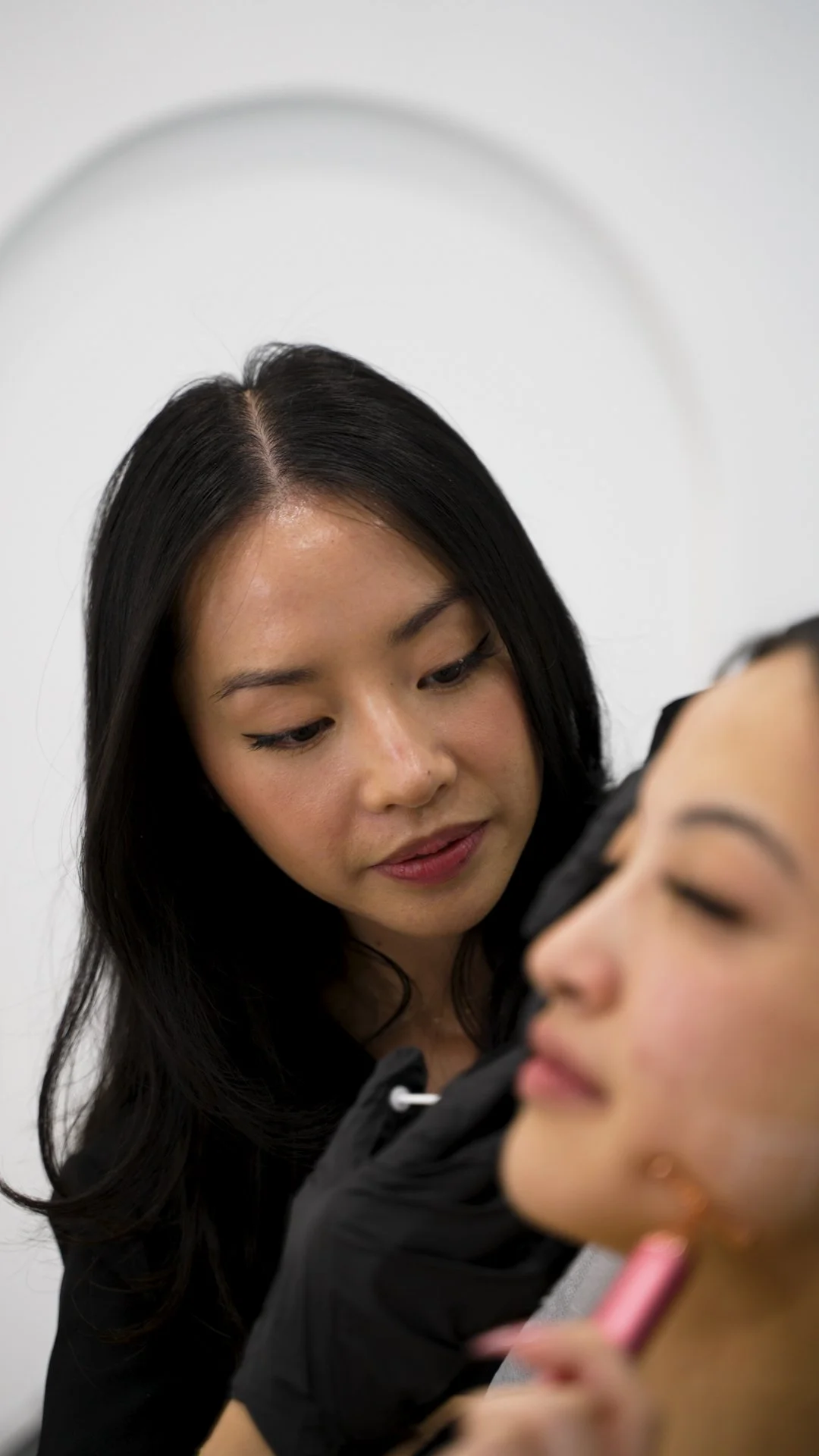
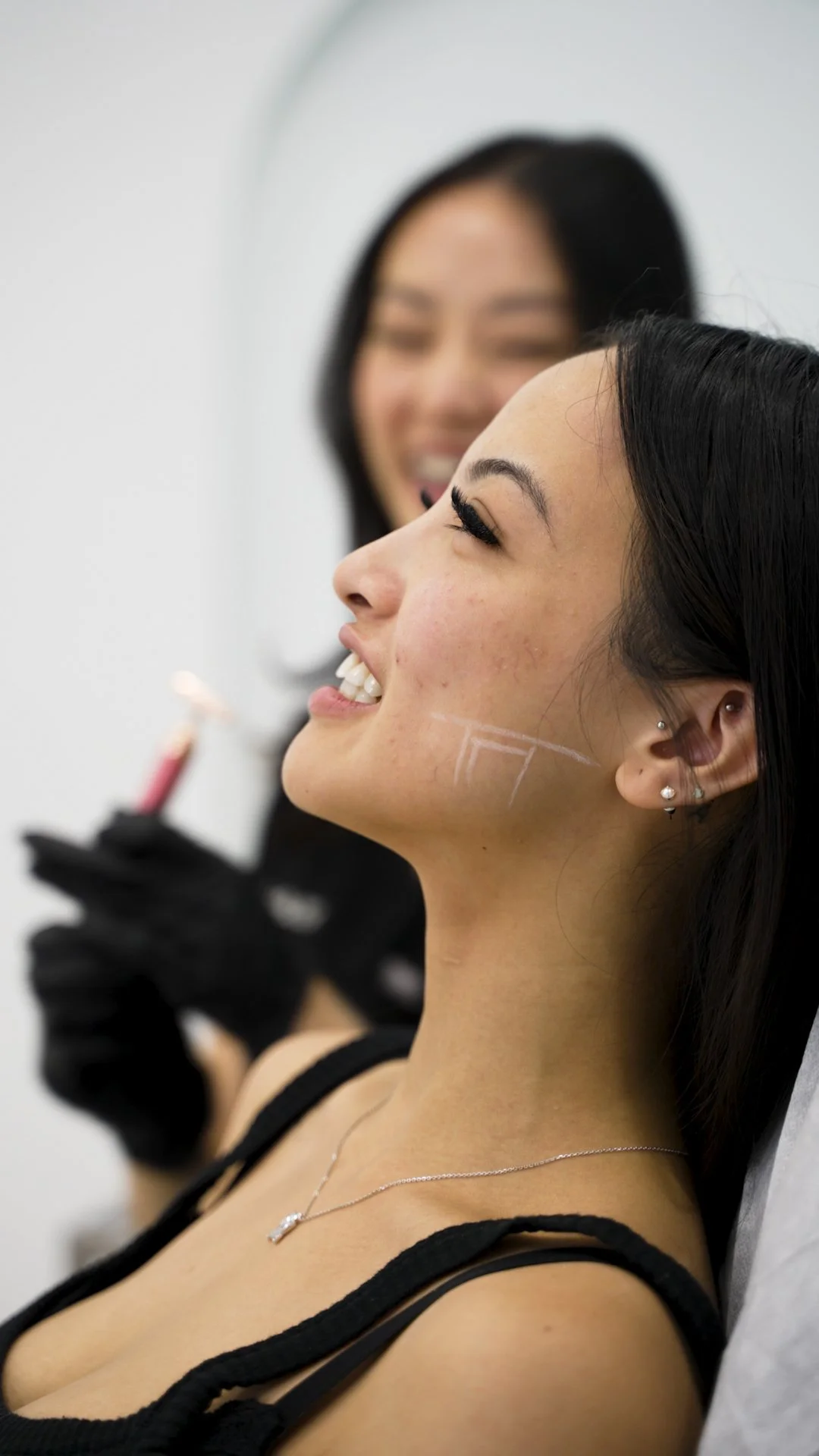
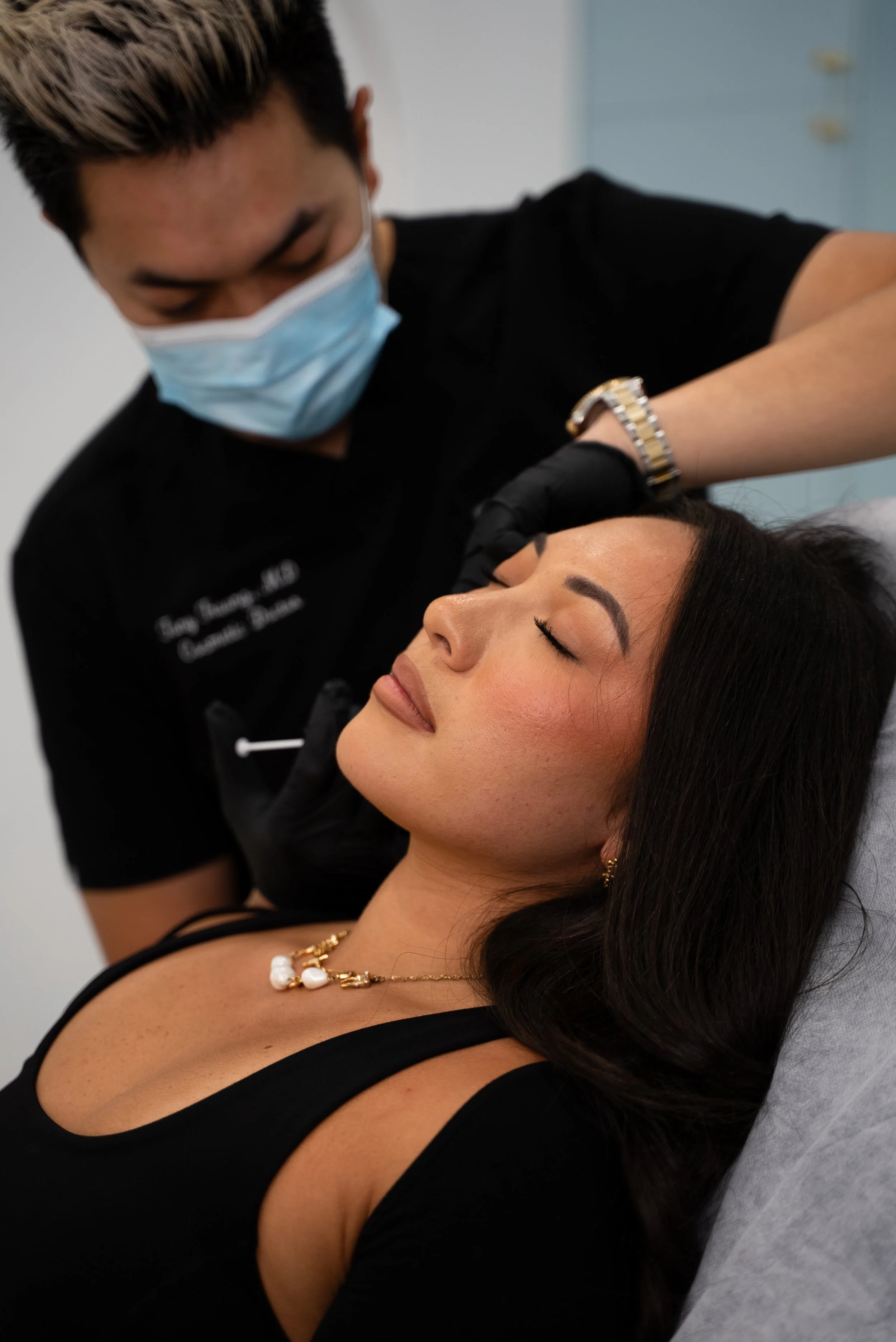

Can Masseters treatment cause an uneven smile?
Jaw tension or facial tightness is often caused by overactive masseter muscles due to clenching, grinding, or stress. This blog explores why the masseters become overactive and outlines two common treatments: night splints and muscle-relaxant injections, depending on symptom severity and goals.
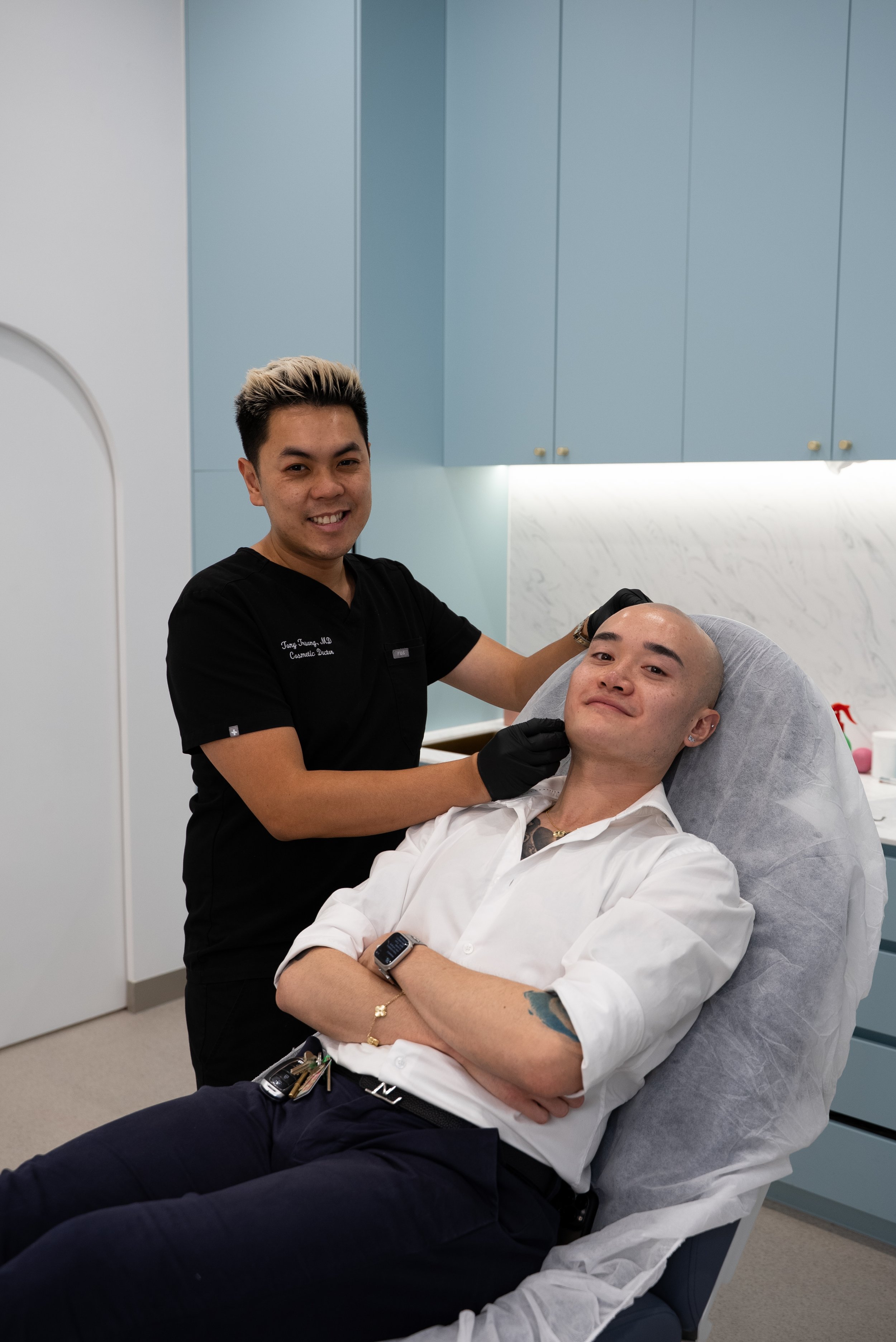

What Causes Overactive Masseters and How They Can Be Treated?
Jaw tension or facial tightness is often caused by overactive masseter muscles due to clenching, grinding, or stress. This blog explores why the masseters become overactive and outlines two common treatments: night splints and muscle-relaxant injections, depending on symptom severity and goals.

Masseter Injections: What to Expect in the First 48 Hours
Curious about what happens after masseter injections? This blog covers what to expect in the first 48 hours, including common side effects like mild swelling or tightness, what activities to avoid, and when results typically begin to appear.

Will Masseter Injections Change My Smile?
Frequent headaches, jaw pain, or facial tightness may be linked to overactive masseter muscles from clenching or grinding. This blog explores how masseter injections can help ease tension, reduce headaches, and relieve facial discomfort when clinically appropriate.

How Masseter Injections Help Calm Tension Headaches and Facial Pain
Worried that masseter injections might affect your smile? This blog explains why that risk is low when treatment is done correctly. Learn how expert placement, precise dosing, and facial anatomy knowledge help preserve natural expression while addressing jaw tension or slimming goals.
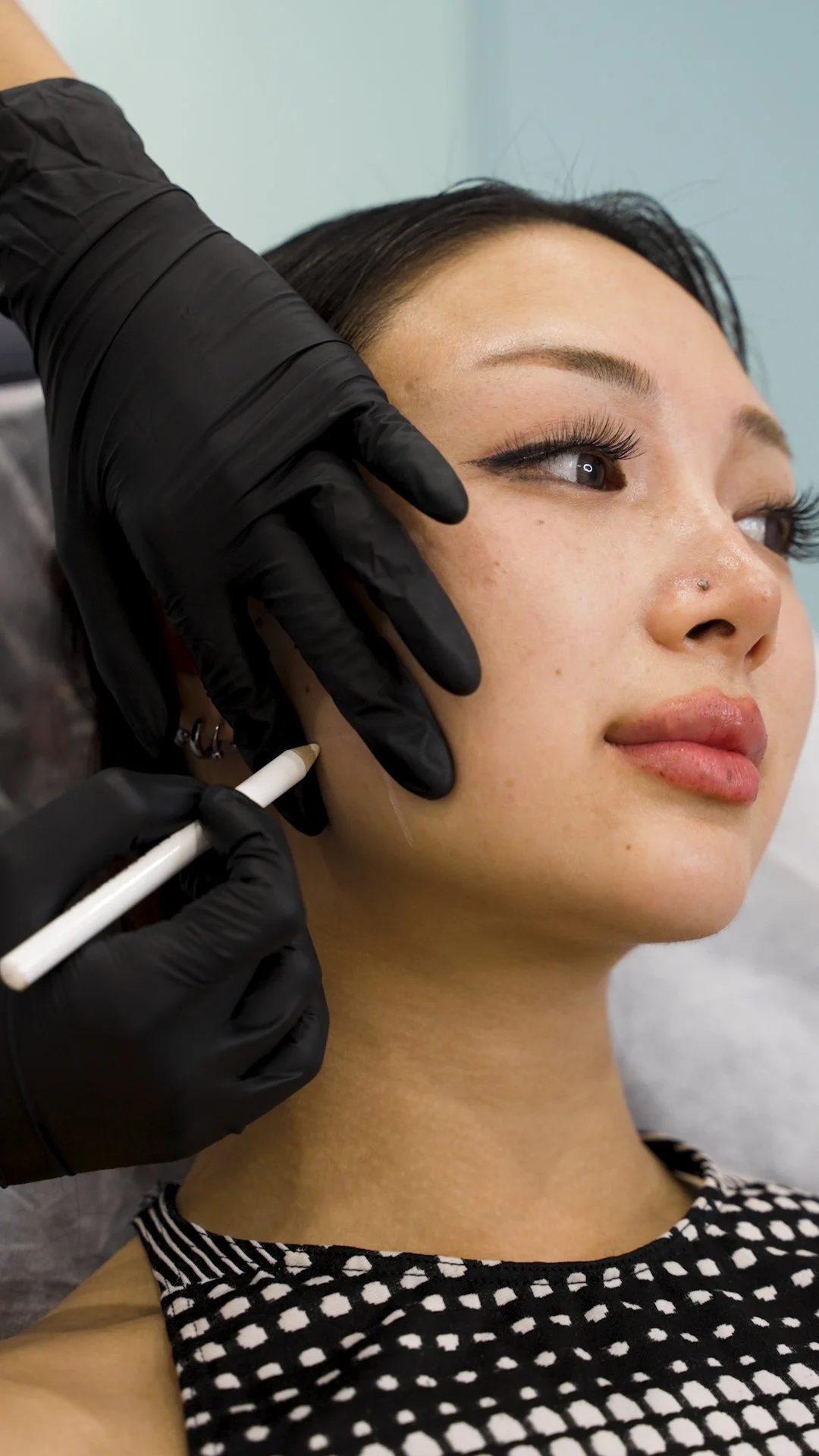
Why Your Face Looks Square and How Your Masseter Muscles Play a Role
A square jawline may be caused by enlarged masseter muscles from clenching or grinding, not just fat or bone structure. TT Aesthetics offers expert assessments and treatments to help soften the jawline and relieve tension.

How Long Do Results Last for Masseter Muscle Treatments? What You Should Know
Wondering how long masseter treatments last? This blog explains that effects typically last 3 to 6 months, depending on factors like dosage, muscle activity, and lifestyle. It also covers what to expect as results wear off and how maintenance care can support long-term relief.

“Why Is One Side of My Jaw Bigger?” - Understanding Masseter Asymmetry
If one side of your jaw looks larger than the other, it may be due to masseter muscle asymmetry from habits like chewing on one side, clenching, or bite imbalances. This blog explores the causes and outlines treatment options such as splints, dental care, or targeted injections to help restore balance.

5 Subtle Signs Your Masseter Muscle May Be Overdeveloped and Why It Matters
This blog explores subtle signs of an overdeveloped masseter muscle, how it can affect your jawline and comfort, and treatment options available at TT Aesthetics.

What Makes the Jaw Appear Wider? A Closer Look at the Masseter Muscle
A wider jawline is often caused by an enlarged masseter muscle from clenching, grinding, or chewing habits. Understanding the cause is key to finding the right treatment for jaw slimming and facial balance.
